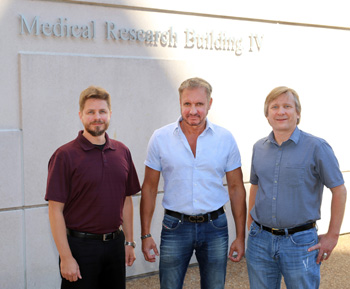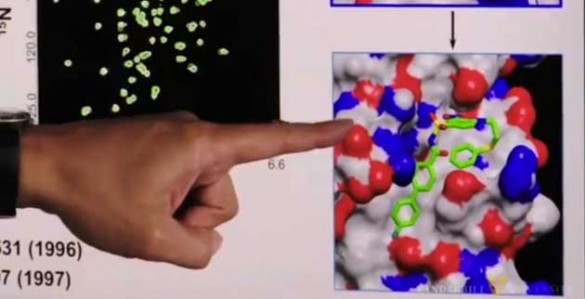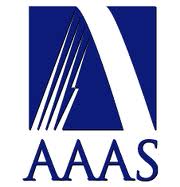Vanderbilt University has been selected as one of seven Dedicated Centers in the nation for the next phase of the Chemical Biology Consortium (CBC), a national network of scientists on the leading edge of cancer drug discovery.

Vanderbilt has been part of the CBC since the consortium was established in 2009 as the discovery engine for the National Cancer Institute (NCI) Experimental Therapeutics (NExT) Program, which aims to accelerate the discovery and development of new cancer therapeutics.
The consortium is centered at the NCI-sponsored Frederick National Laboratory for Cancer Research, which is managing the expansion of the network to 22 sites around the country with world-class expertise in high-throughput screening, structural biology, medicinal chemistry, compound profiling and other areas of drug development.
“[lquote]This is a win for Vanderbilt,” said Alex Waterson, Ph.D.[/lquote], research associate professor of Pharmacology and Chemistry and a co-director of the Vanderbilt CBC Dedicated Center. “Our prior successes have been recognized with this invitation to be a dedicated center in the new consortium.”
Gary Sulikowski, Ph.D., Stevenson Professor of Chemistry, and Stephen Fesik, Ph.D., Orrin H. Ingram II Professor of Cancer Research, are co-directors with Waterson of the Vanderbilt center.
The NExT Program has focused on high-risk targets, with the goal of developing first-in-class cancer therapeutics. The CBC provides expertise in drug discovery from the initial identification of a drug target through pre-clinical testing.
With the new configuration of the CBC, the Dedicated Centers offer certain core skill sets, such as synthetic/medicinal chemistry, screening and assay development, and protein production and crystallography. The Dedicated Centers also provide scientific leadership for the consortium and support NExT projects through all stages of the discovery process.
In addition to the seven Dedicated Centers, the CBC now includes a larger network of 15 Specialized Centers that will supplement the core research as needed to accomplish specific objectives on a contract basis. The Specialized Centers provide additional resources in areas such as assessing a compound’s pharmacokinetics – how the drug is absorbed, distributed and metabolized in the body – and testing compounds in animal models, Waterson said.
“The consortium has the capabilities to do nearly everything involved in drug discovery — from target validation, hit discovery and hit optimization all the way through to a drug candidate that’s ready for clinical entry,” Waterson said. “Drug candidates from the CBC would then move into the NExT pipeline of clinical assets and clinical trials.”
Vanderbilt’s center has also expanded its capabilities. In the first years of the CBC, the Vanderbilt center — working as part of the Chemical Synthesis Core of the Vanderbilt Institute of Chemical Biology (VICB) — focused exclusively on chemistry-related research. It specialized in the synthesis of known and unknown compounds and compound libraries, in using medicinal chemistry to optimize lead compounds and improve pharmacokinetic properties, and in natural product isolation, purification and characterization.
Over time, the center incorporated the fragment-based cancer drug discovery approaches used by Fesik and his colleagues. The expertise of Fesik’s laboratory, as well as the VICB High Throughput Screening Facility and elements of the Vanderbilt-Ingram Cancer Center have now been formally added to the consortium’s efforts, Waterson said.
“This is an outstanding program that has produced a tangible impact on our drug discovery projects,” said Fesik, also professor of Biochemistry, Pharmacology and Chemistry.
“Our goal in setting up the center this way is to have the most flexible arrangement possible,” Waterson said. “Our scope is broad enough now to be even more attractive to Vanderbilt and external scientists with clever ideas for new cancer therapeutics. We have the capacity to move efficiently from an idea to a drug candidate, under the auspices of the NCI.”
Dedicated Centers in the CBC are Albany Molecular Research, Inc., NCATS Chemical Genomics Center, Sanford Burnham Prebys, University of California-San Francisco, University of New Mexico, University of Pittsburgh, and Vanderbilt University. For more information about the NExT Program, go to http://next.cancer.gov.















